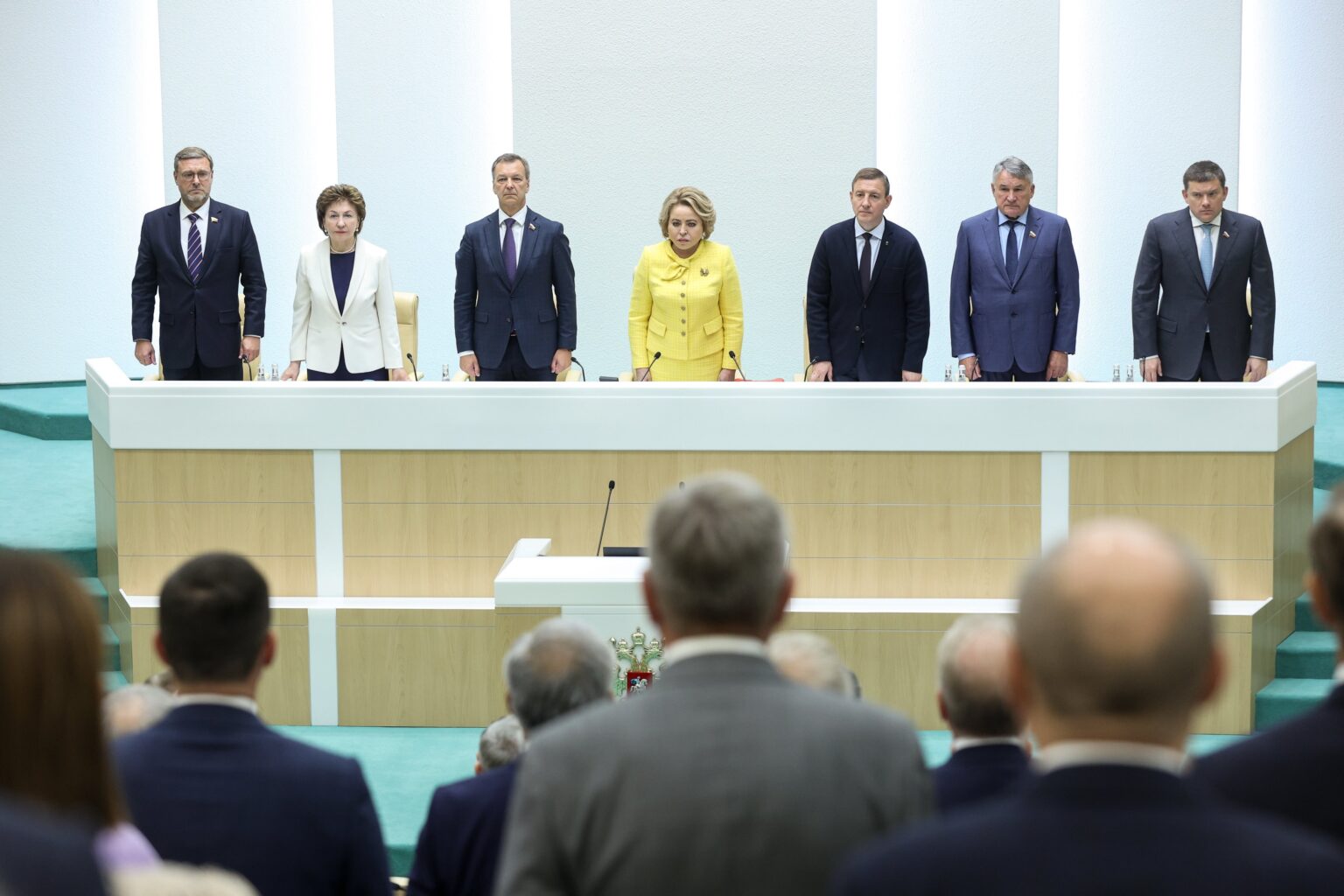TGEU Deeply Concerned by Russian Ban of Medical and Legal Transition

On 19 July, Russian lawmakers adopted a law banning gender-affirming healthcare and legal gender recognition for trans people. Meanwhile, surgeries on intersex children without their consent continue under the law. This law is expected to be signed by President Putin and put into effect in the next two to three weeks.
TGEU is deeply concerned by this law and the devastating impact it will likely have on the trans community in Russia and neighbouring countries. This is a drastic violation of Russia’s obligation under international human rights law to provide access to legal gender recognition. It is also in direct opposition to international medical standards on trans-specific healthcare.
This ban will not only affect trans and intersex Russians, but will also be applied to Russian-occupied Ukraine. It poses an additional threat to trans communities in Eastern Europe and Central Asia. Russia’s colonial dominance in the region has already led to their laws being closely copied. This is clear in the recent copycat anti-LGBTI+ ‘propaganda’ law proposed in Kyrgyzstan.
What does the ban mean in practice?
Under the law, medical and legal transition for trans people is completely banned. This means that legally changing one’s documents to match one’s gender identity is no longer possible. In addition, medical transition is also banned, blocking trans people from accessing trans-specific healthcare, like hormone replacement therapy or certain surgeries.
There is the chance that trans people who have already legally changed their gender markers will still have access to such trans-specific healthcare. But, this is not certain, and expected to be difficult to achieve in practice.
Meanwhile, the ban specifically excludes surgeries on intersex children. Surgeries that are ‘aimed at treating congenital anomalies in children’ remain legal.
Additionally, this ban will impact the family life of trans people. It will annul marriages where one person changed their legal gender marker after getting married. It will also ban trans people from adopting children.
Why does this ban matter for the trans community?
Even before adoption, news of the proposed law led to a massive increase in panic among the trans community. Trans organisations providing concrete support for the trans community in Russia and Russian-occupied territories previously received around 10 requests a day for support. Since the law was proposed, that rose to nearly 100 per day.
This anxiety among trans people in Russia is only expected to rise. Russia’s own Ministry of Health opposes the ban due to possible increase in suicides.
TGEU calls on the international community to strongly oppose this law. As an international community, we need to band together against laws that endanger trans lives, and show our support for the people who are affected.
We call on trans rights and broader human rights communities, as well as policy makers, to stay alert to the rise of conservative legislation across the region. We also urge international leaders to come together in support of trans people in Russia, and those affected by this ban.
What support is available?
If you are trans or intersex, and in Russia or Russian-occupied Ukraine, and you need support, please reach out to us at tgeu@tgeu.org. We will do our best to help you.